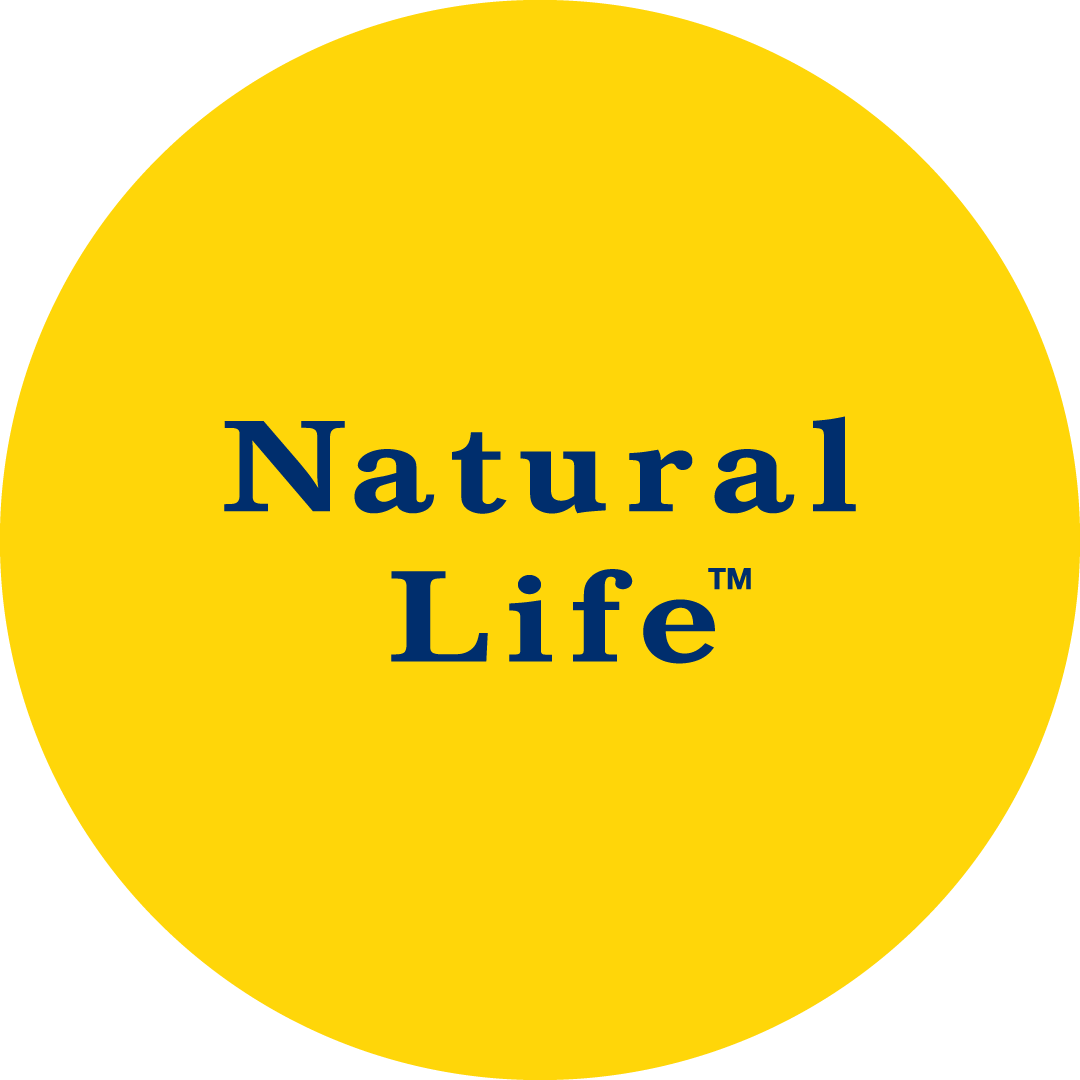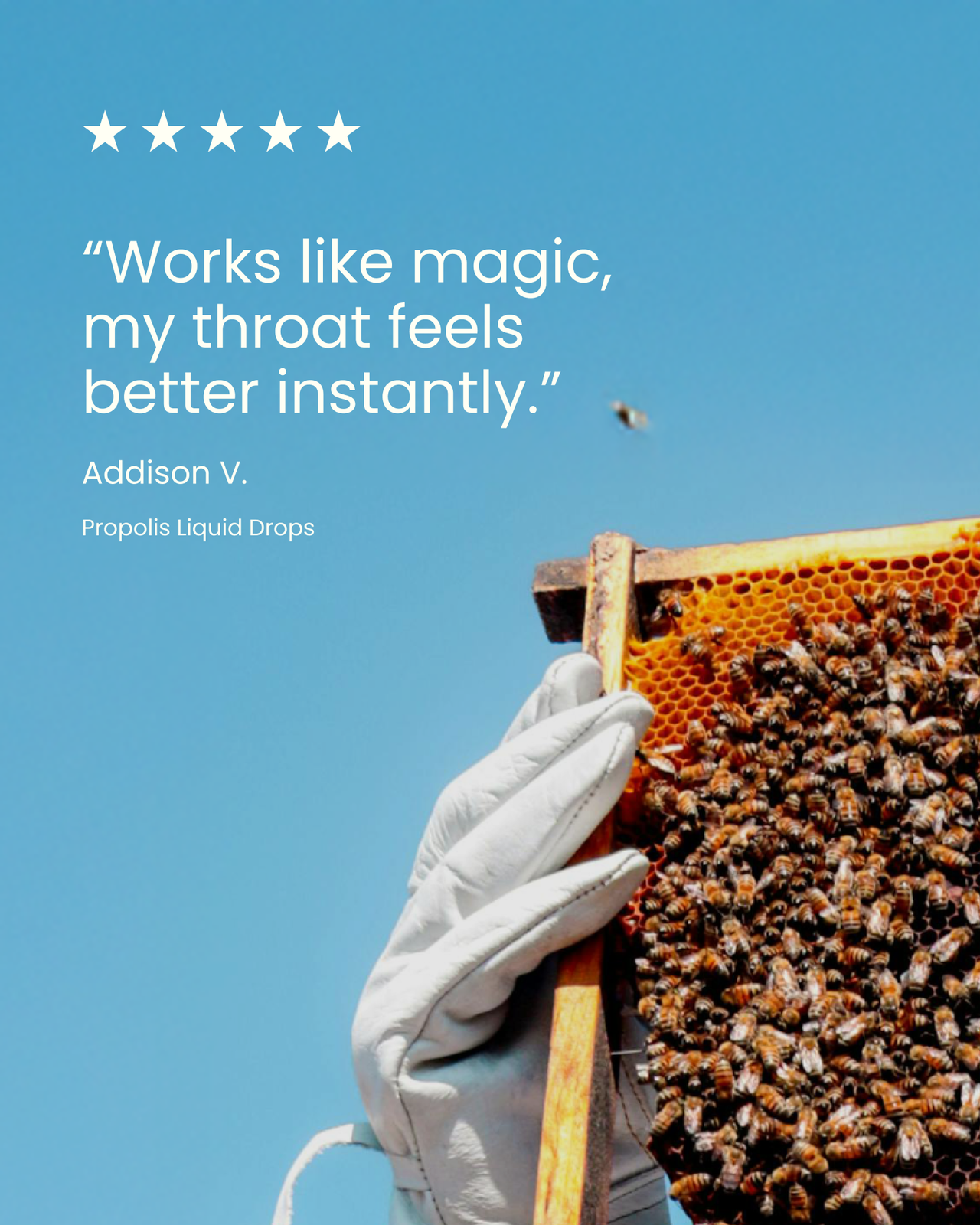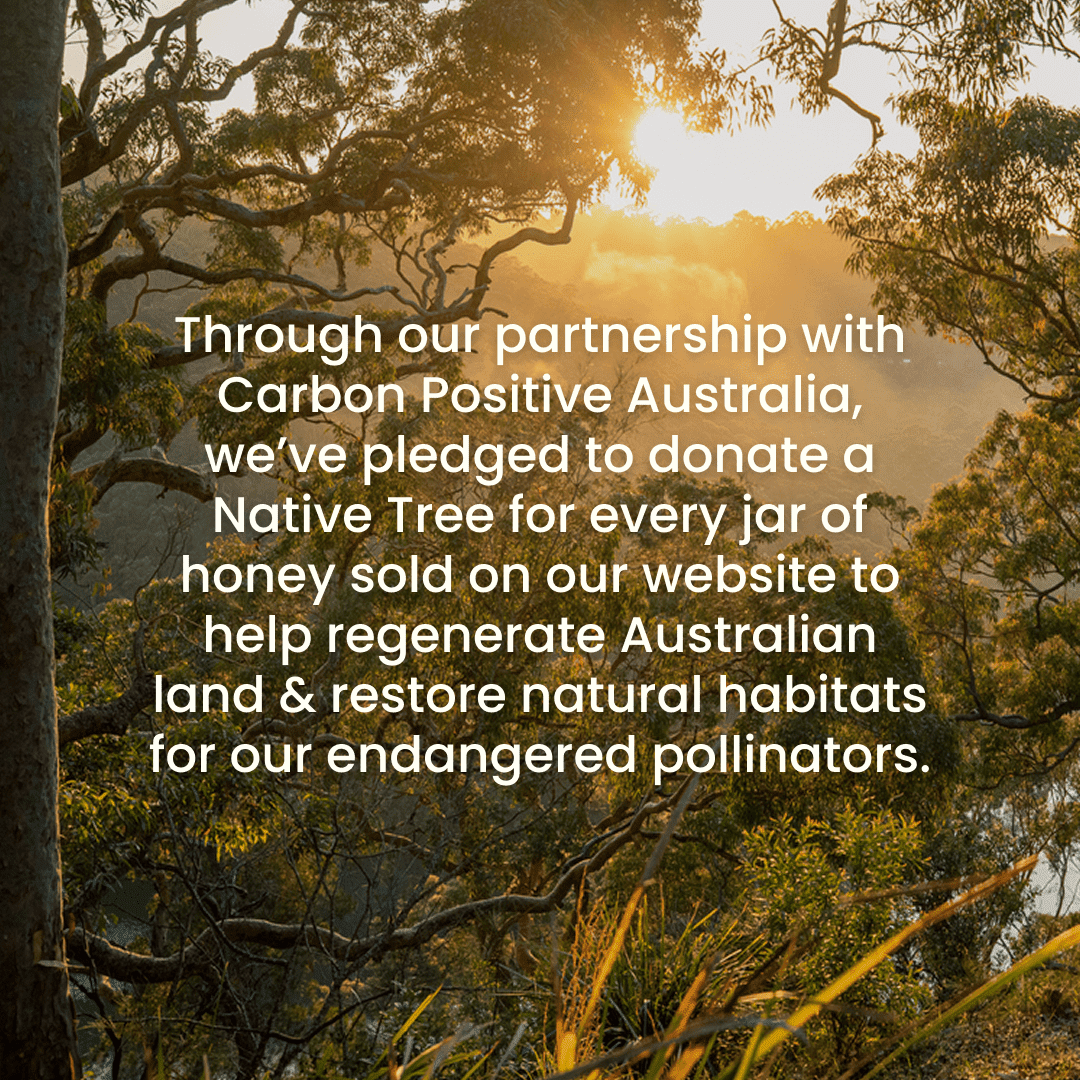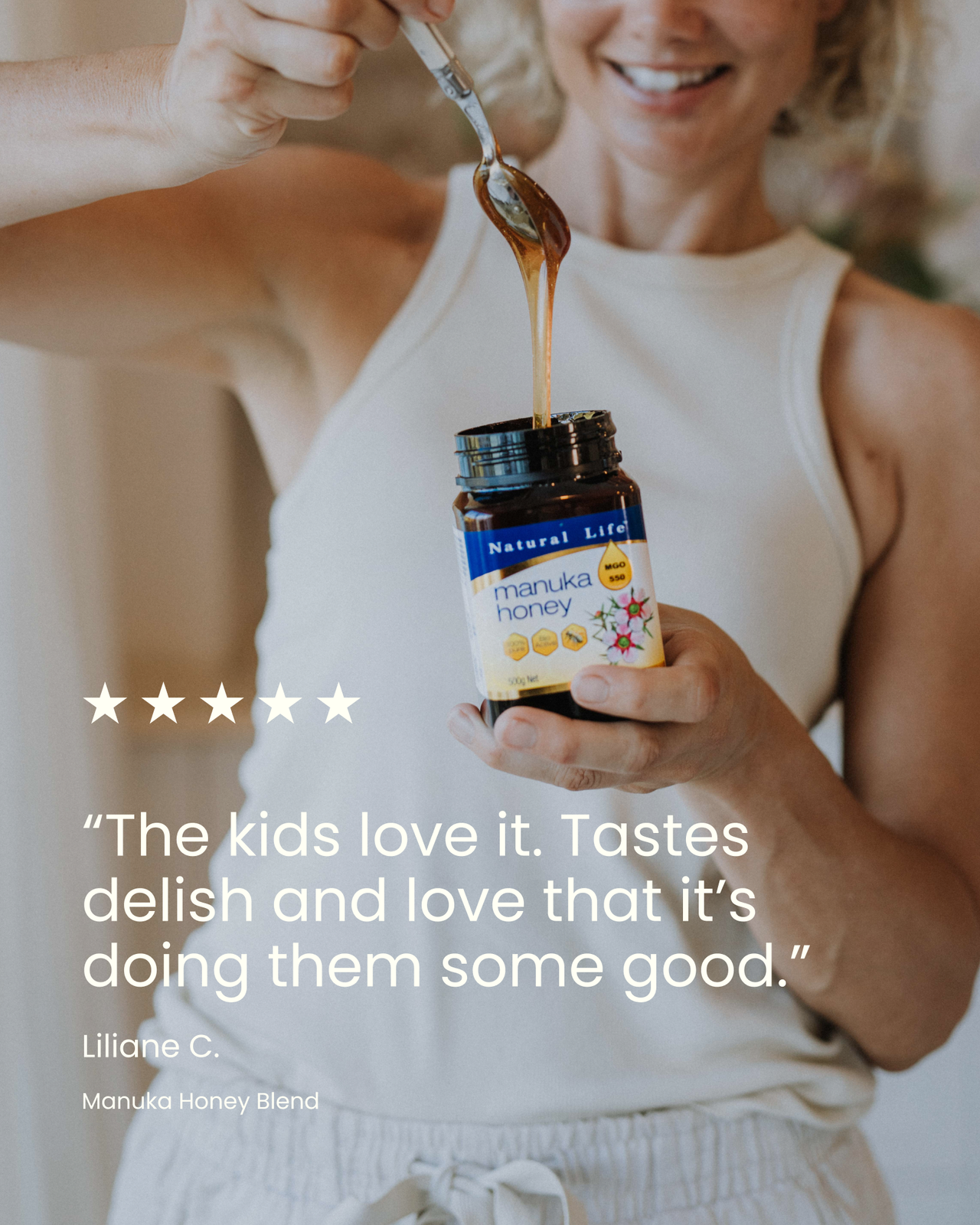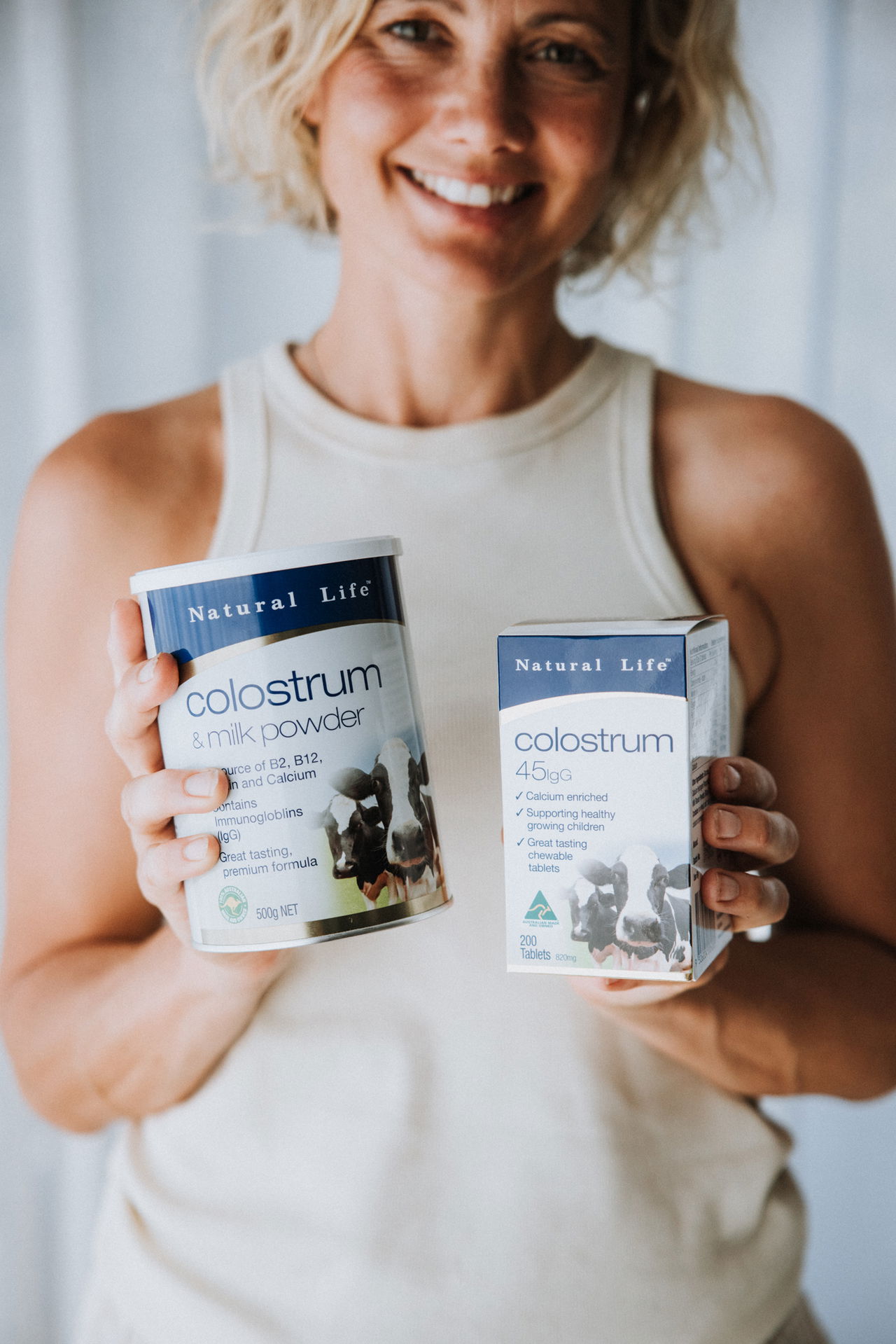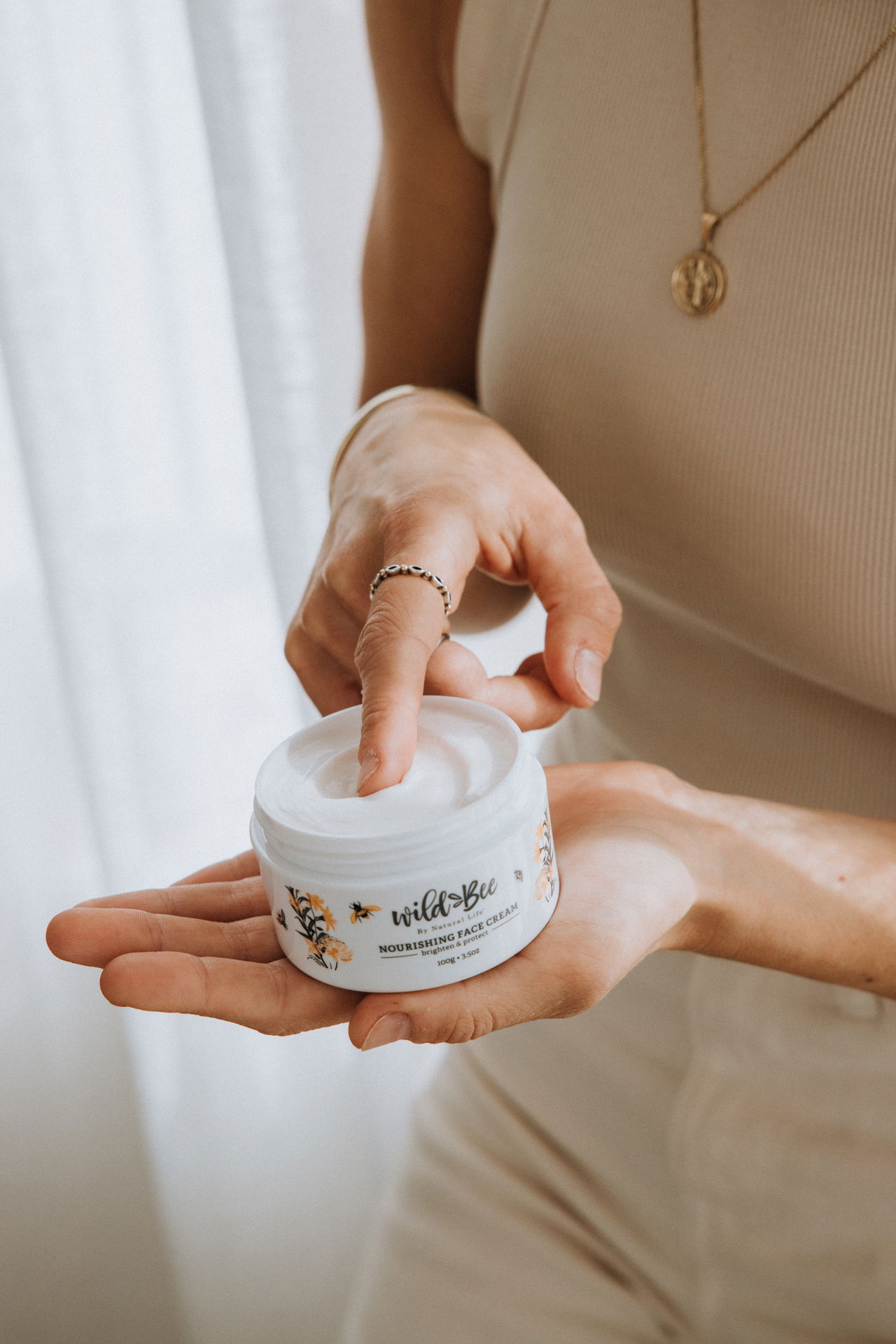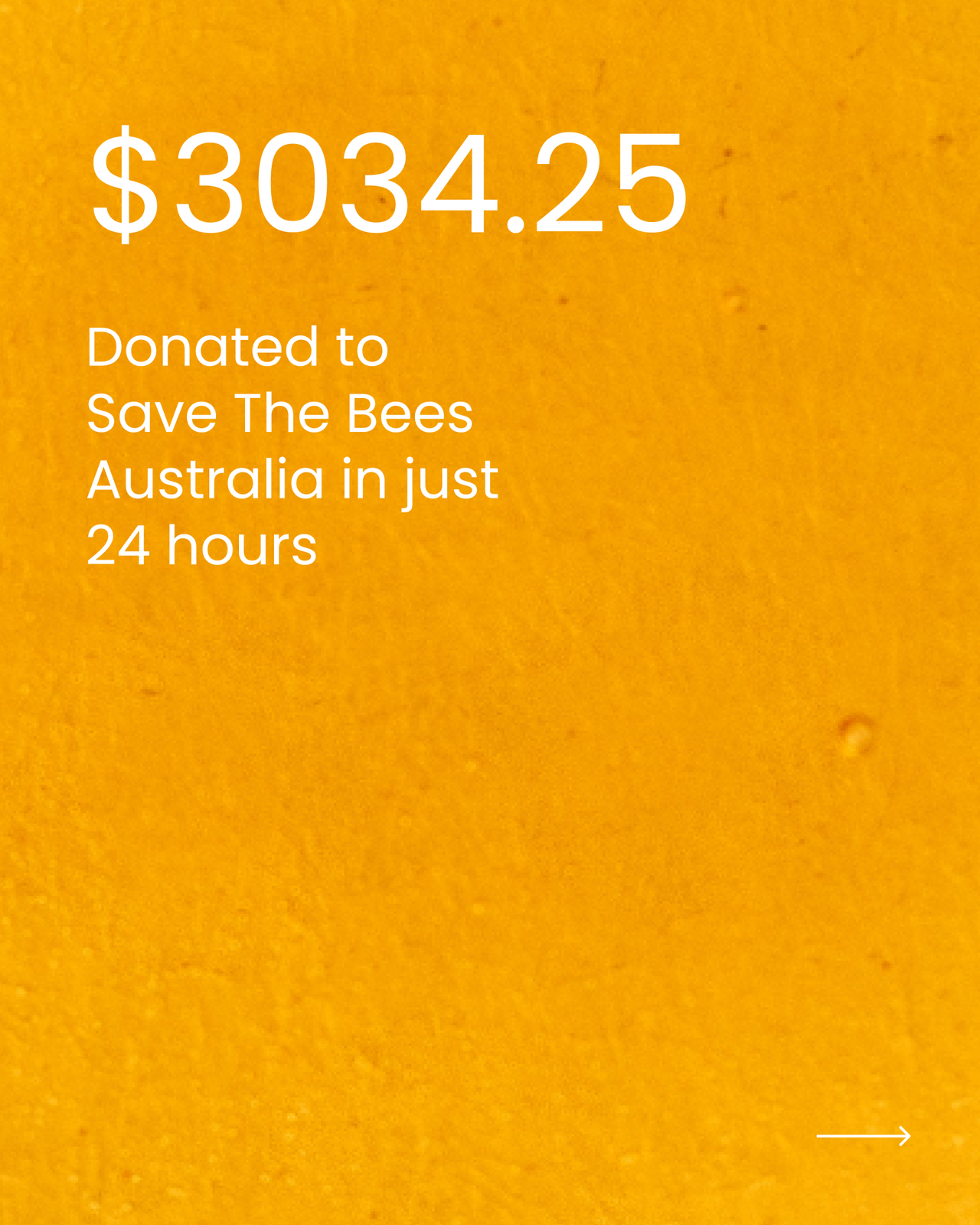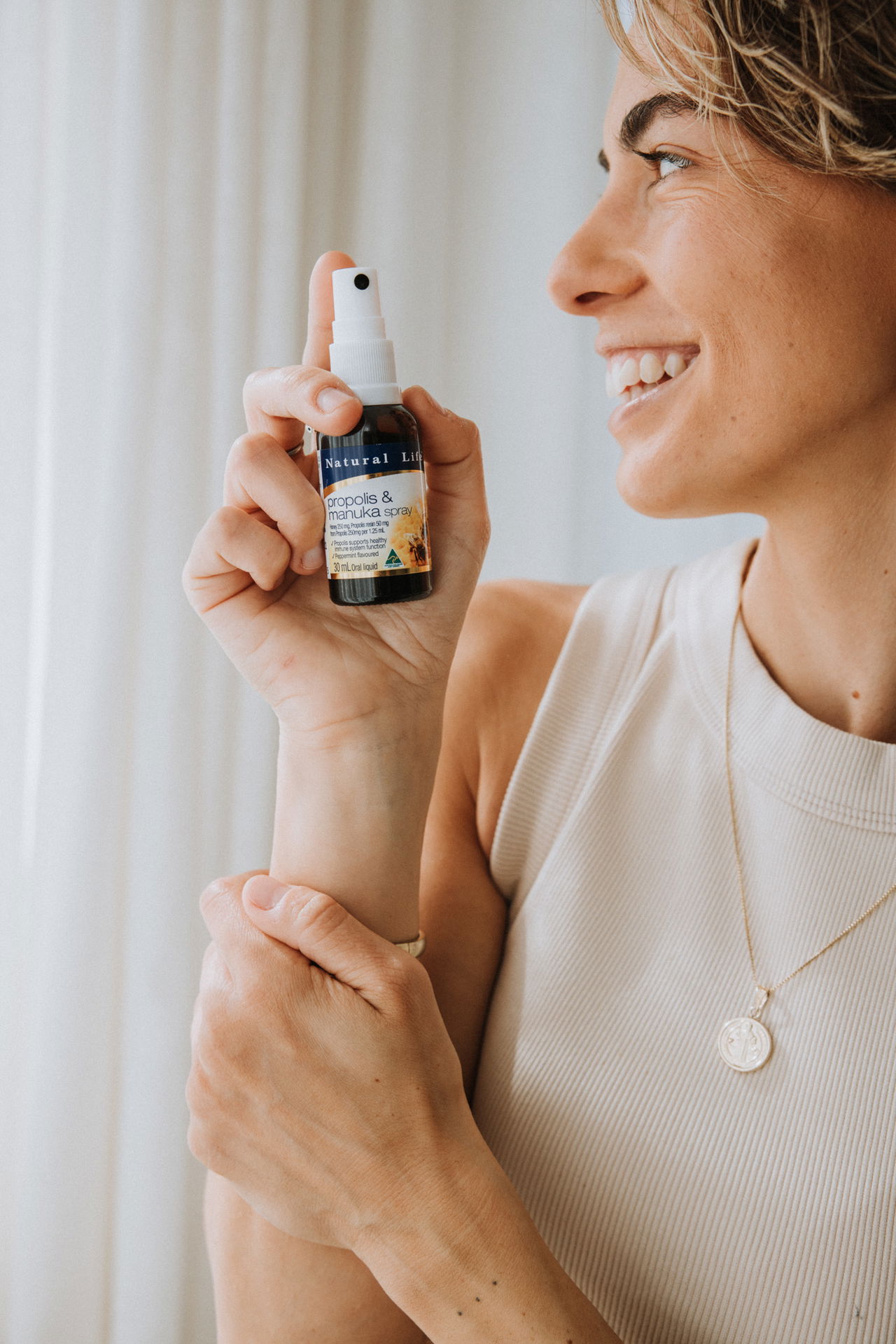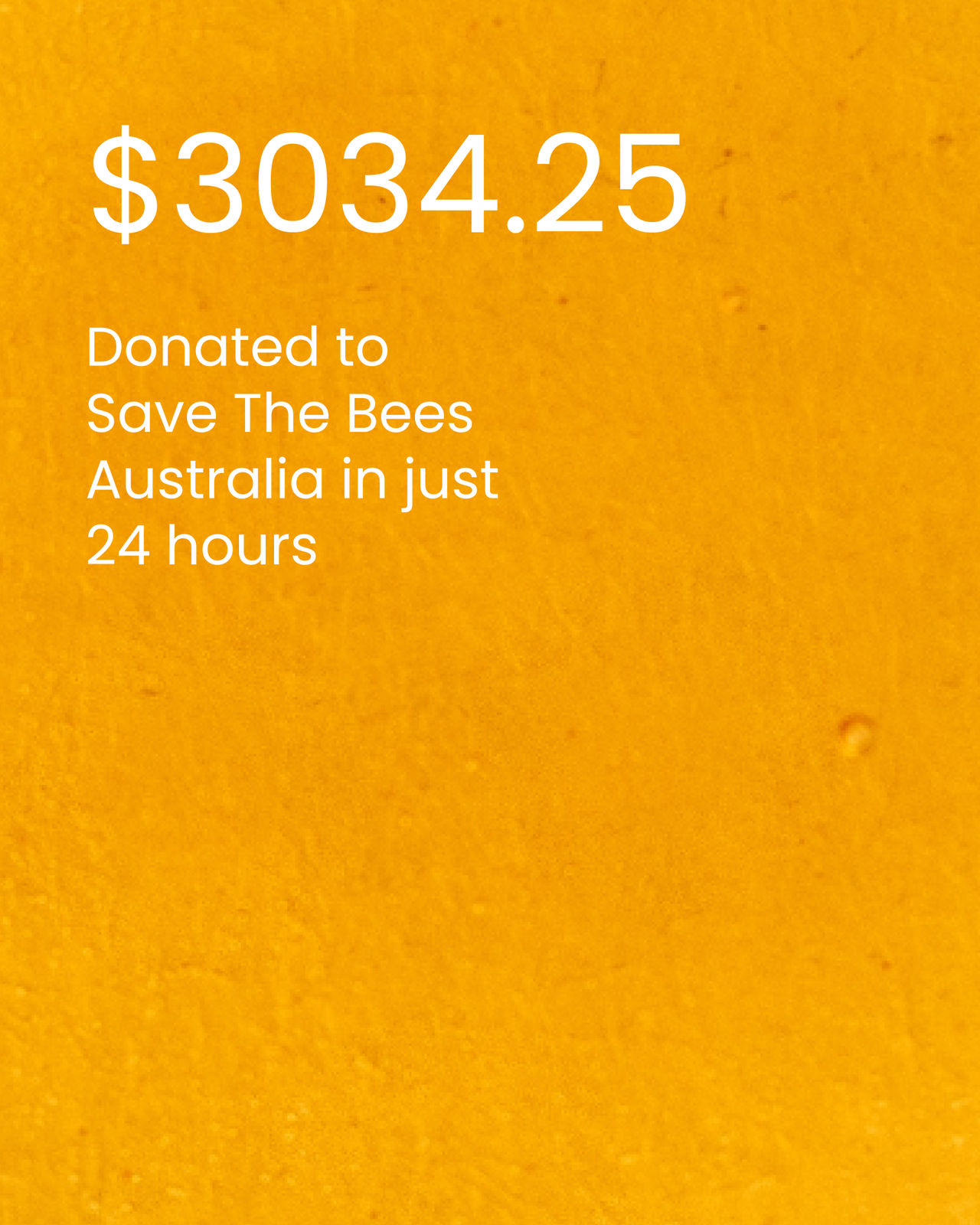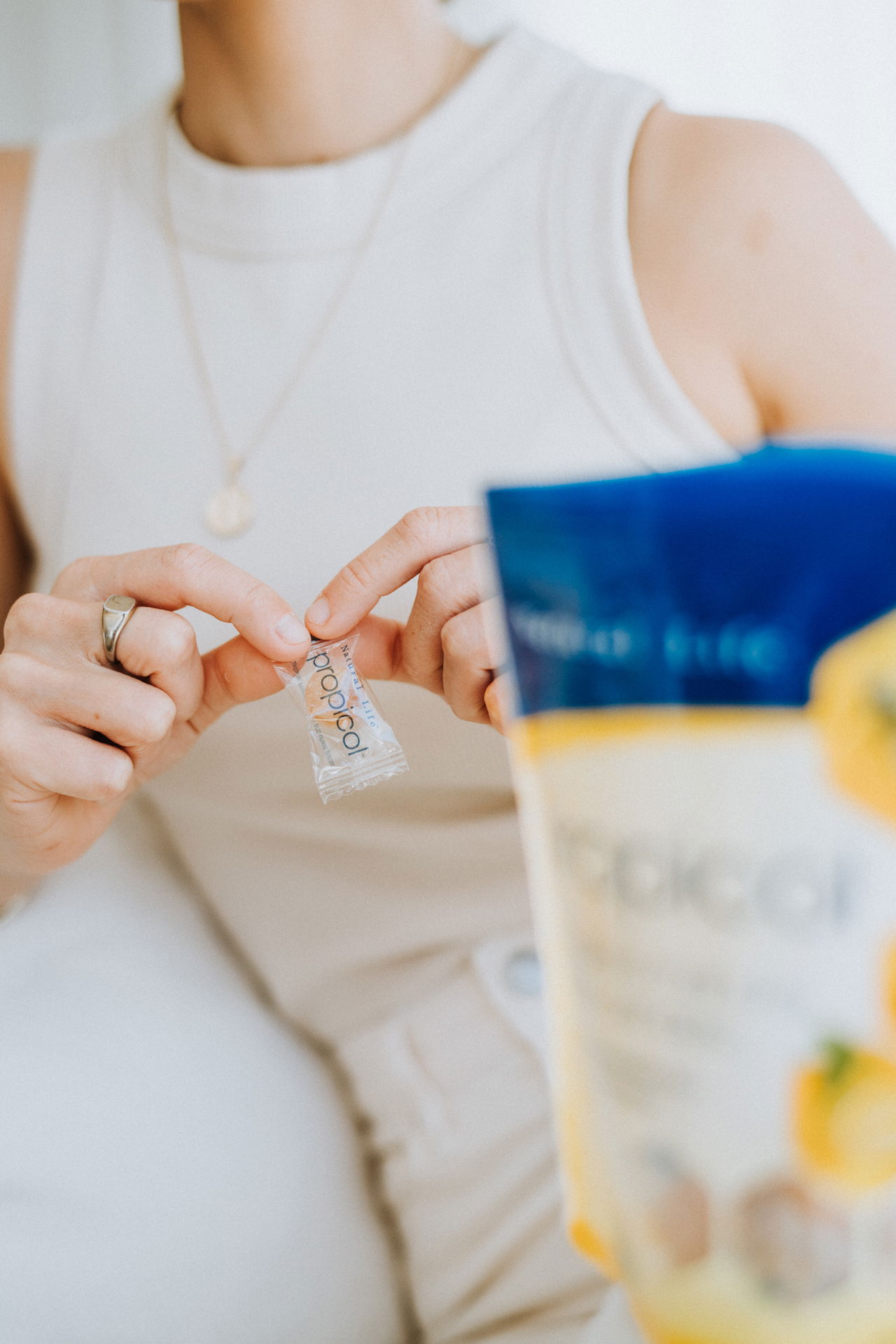At Wild Bee, we know and absolutely LOVE the benefits honey gives your skin, but we are far from the first to understand this.
Honey has been for skin health and beauty since earliest human records…
Egyptian tribes as far back as 4500 BC, used honey mixed with minerals to create eye make-up.
The Sumerian tablet (3000 BC) and The Egyptian Eberes Papyrus (1500BC) both show records of honey used for skin applications.
Writings from ancient Rome and Greece, including Aristotle, Dioscorides and Pliny all report cosmetic uses of honey, as do many great religious texts including the Bible, Koran and Torah.
Like us, the ancients used honey as a skin moisturiser, hair dye, lip softener and hair treatments.
Honey is probably the oldest skincare ingredient still being used today
We can look to almost any culture in the world and see traditional applications and uses for honey in skincare and beauty.
- In India, honey was used as a face-mask.
- Japanese women are said to maintain wrinkle free hands through daily use of honey.
- Chinese women use honey mixed with citrus seeds to make a cleansing, softening cream that also treats pimples.
- Arabic women use a mixture of honey, egg yolk, avocado and lemon as an anti anti-aging face-mask
- In Italy, honey is used in preparations for cleansing, toning and smoothing
- Creole women use a body lotion made from honey as a skin remedy and to protect them from evil spirits!
Spirits and traditions aside, modern skincare brands the world over still use honey for beautiful healthy skin.
And science supports this.
Because honey has been used for so long by so many, it has been widely investigated for its use in skincare. There is an abundance of evidence as to what honey can be used for and why it helps.
Here’s a glimpse at some of the incredible benefits we know honey has for your skin:
- Its natural antibacterial nature makes honey excellent for wound healing and infected skin conditions. Manuka Honey is famously used medicinally for this purpose.
- Honey is particularly beneficial for healing burns, including sunburn, and is known to help reduce scar tissue and thickness.
- Honey promotes tissue regeneration and repair, making it a wonderful choice for anyone with damaged or aging skin.
- Honey’s tissue regeneration and exfoliating qualities suggest regular use can slow the formation of wrinkles.
- Natural antibacterial activity and mild pH levels in honey help reduce fungal and bacterial growth on the skin - including candida and acne.
- Anti-inflammatory properties reduce redness and irritation on the skin.
- Honey is shown to have a beneficial effect on eczema, psoriasis, dermatitis and even nappy rash.
- Honey is easily absorbed into the skin, where it circulates nutrients below the surface and increases skin regeneration.
- Fruit acids naturally found in honey are excellent for exfoliation.
- Natural emollient qualities mean honey helps to smooth and soften skin.
No wonder honey has been used in skincare and beauty since human records began.
Honey may be the oldest ingredient in skincare, but this single ingredient has more skin health and beauty benefits than even the most modern product.
Give it a go today!
And when you do, be sure to choose a brand that gives back to the Bees – we can’t make beautiful honey & honey products without them!
At Wild Bee, we use Australian Manuka Honey, as an ingredient in all our skincare products. You’ll find Australian Manuka Honey in our facial cleanser, lip balm, face-masks and hand creams. 5% of profits go back to supporting healthy bee colonies through Save the Bees Foundation.
References:
Burlando, B., & Cornara, L. (2013). Honey in dermatology and skin care: a review. Journal Of Cosmetic Dermatology, 12(4), 306-313. doi: 10.1111/jocd.12058
Kurek-Górecka, A., Górecki, M., Rzepecka-Stojko, A., Balwierz, R., & Stojko, J. (2020). Bee Products in Dermatology and Skin Care. Molecules, 25(3), 556. doi: 10.3390/molecules25030556
Pasupuleti, V., Sammugam, L., Ramesh, N., & Gan, S. (2017). Honey, Propolis, and Royal Jelly: A Comprehensive Review of Their Biological Actions and Health Benefits. Oxidative Medicine And Cellular Longevity, 2017, 1-21. doi: 10.1155/2017/1259510

